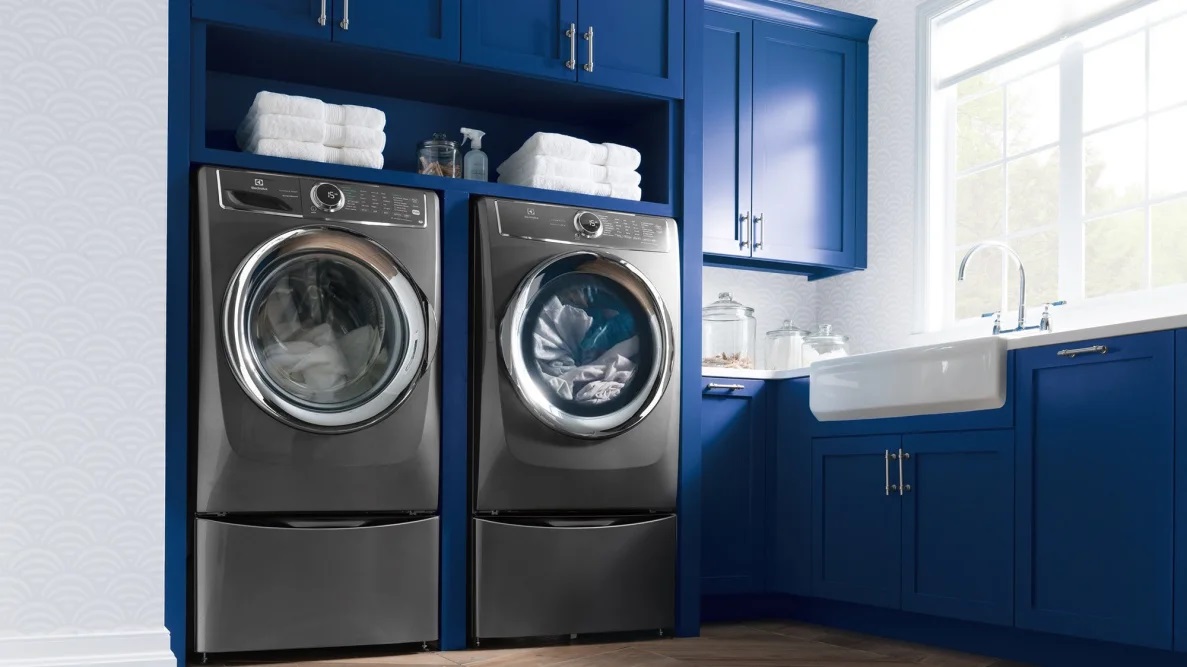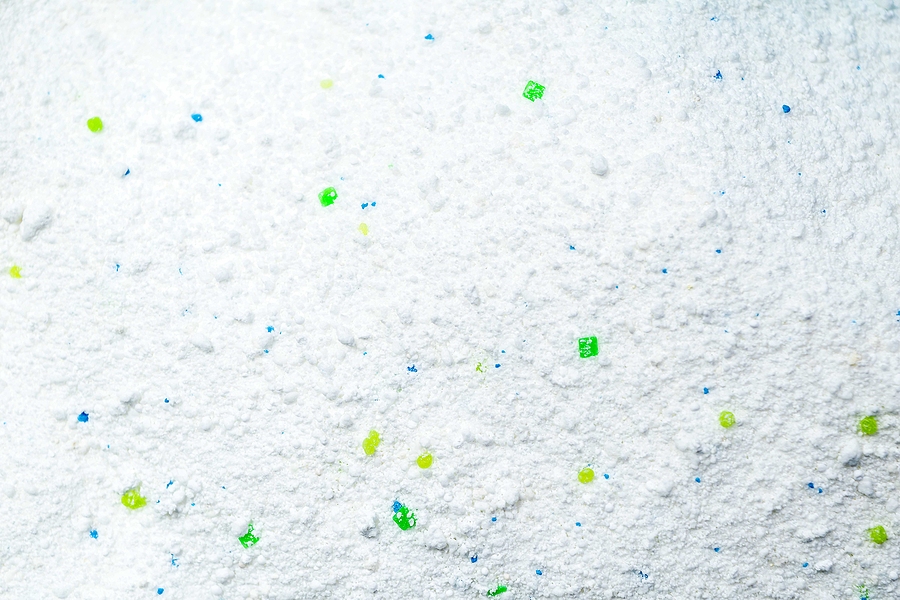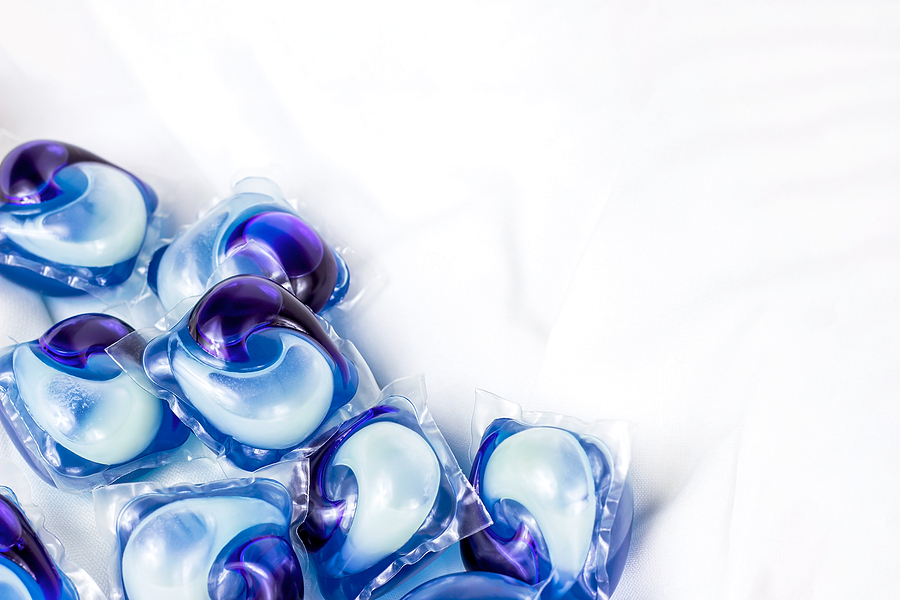
Fun fact: You're never done with laundry! It's always a constant, just as sure as the earth is turning you will have a load of laundry to do. With that being said when doing your laundry you want to get the most bang for your buck. From load sizes to water temperatures, doing laundry economically and with the environment in mind is ideal. The same goes for choosing what type of laundry soap you'll use, and there are a few options. Between powder, pods, and liquid there are some pros and cons when choosing which soap is worth the suds.
Powder

The detergent powder is the oldest form of laundry soap, going back to 1933. Don't let numbers fool you, it's still around because it's still very reliable. When using powdered laundry soap it is a great way to pretreat your clothes by making a paste. This pre-treatment is effective on mud/clay because powdered laundry soap has a higher pH level. It is also the most cost-effective method and it comes in environmentally friendly packaging. This method can also be less messy, depending on how you use it. While powdered soap is a good contender, it won't fully dissolve in cold water and can leave a residue.
Pods

One of the newer options, pods have been popular over the past few years. They are convenient because they are lightweight and easy to store. You also don't have to measure them out, just plop a pod into the wash and walk away. Pods will also break down and dissolve in all temperatures and have no build-up in your washer. Pods storage is a lot cleaner than liquid and powder soaps. A downside to pods is they are measured to small load sizes. This makes them the most expensive option if you have a larger load and have used more than one pod.
Liquid

The most common of all three detergents is liquid soap. When you use this soap you can adjust how much soap you'd like to use depending on your load size. As a powder, it is great to hand wash garments and pre-treat stains. Liquid soap is effective when removing grease and oil stains compared to the other options. It also breaks down in all temperatures so there will be very little to no build-up over time. Unfortunately, liquid can be expensive if you use too much per load and can ruin your clothes if you use too little or too much. It is also the least environmentally friendly option because it comes in a non-recyclable plastic container.
With all of these options, it comes down to trial and error for what will work best for your home. Through our experiences, we recommend using liquid soap but keeping all the pros and cons in mind. Overall as long your clothes stay fresh and clean all soaps will get the job, until the next load.
